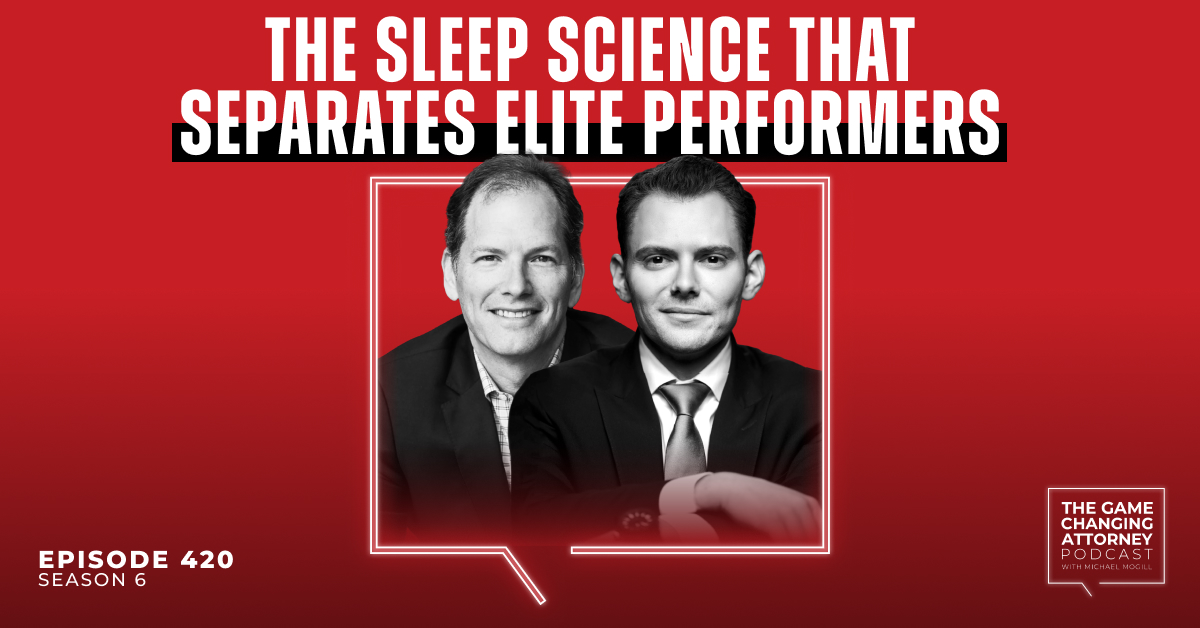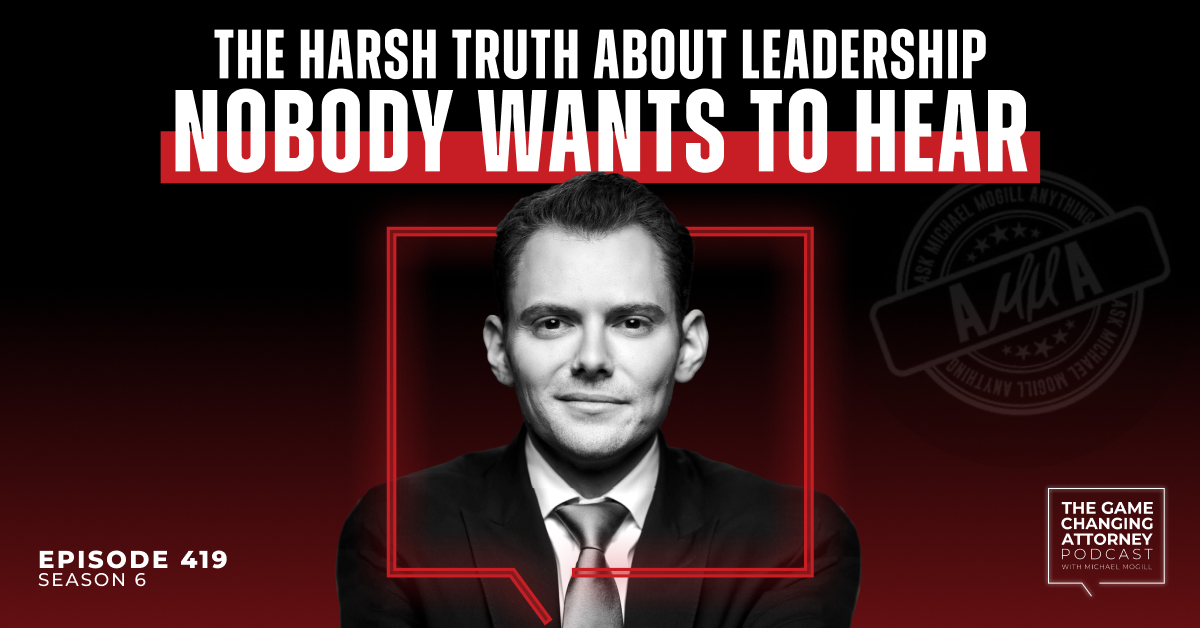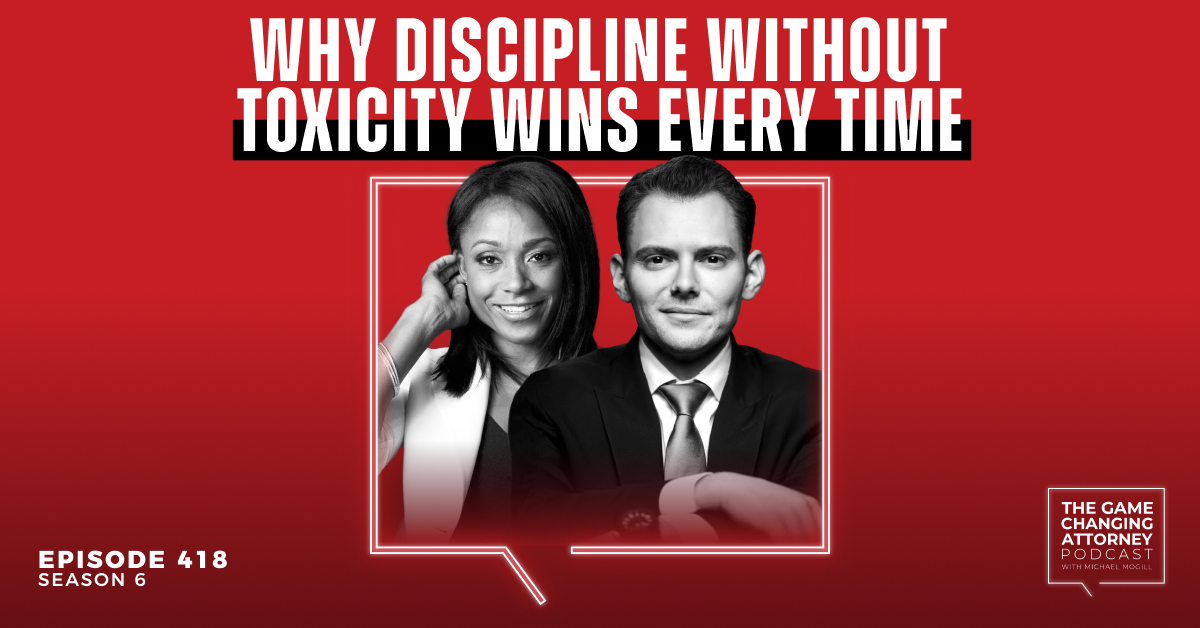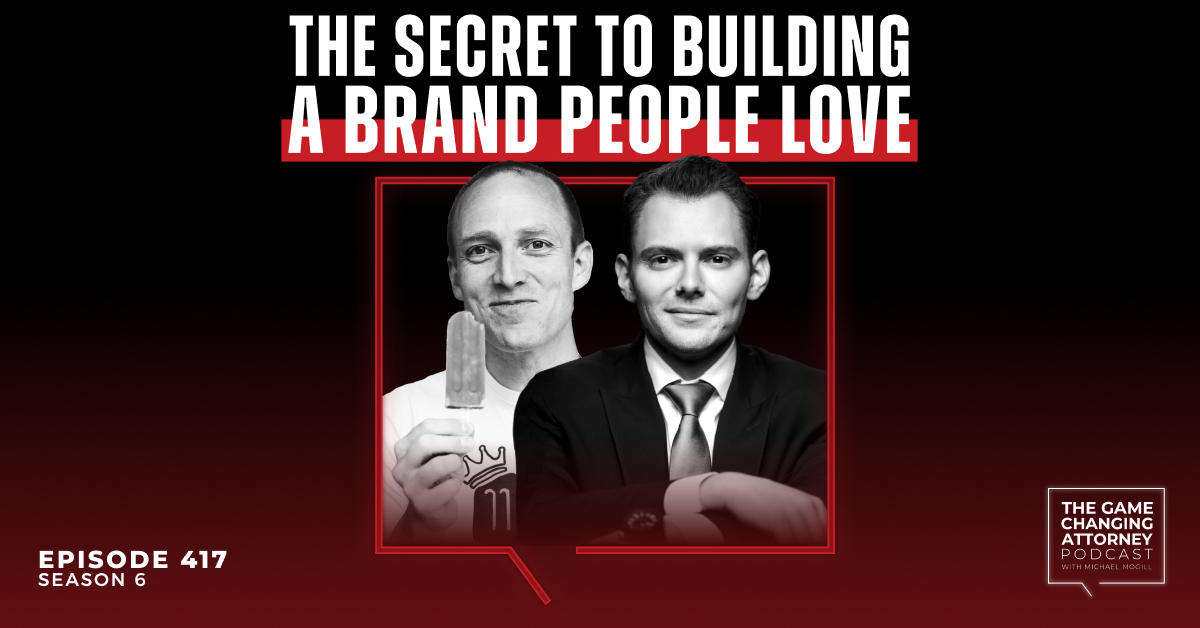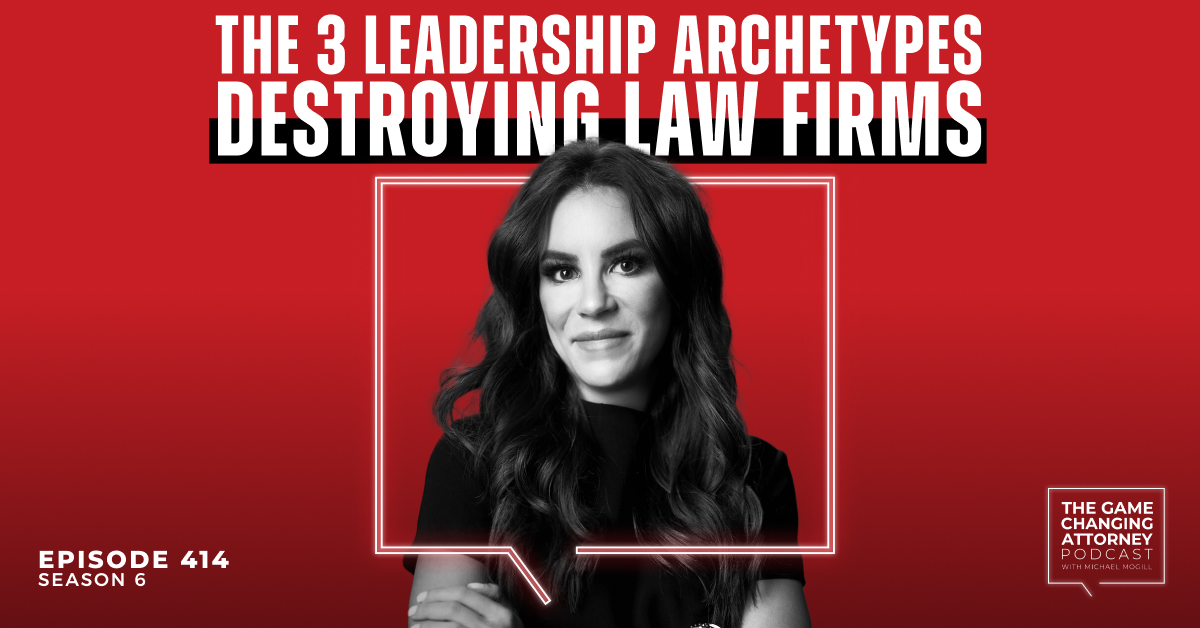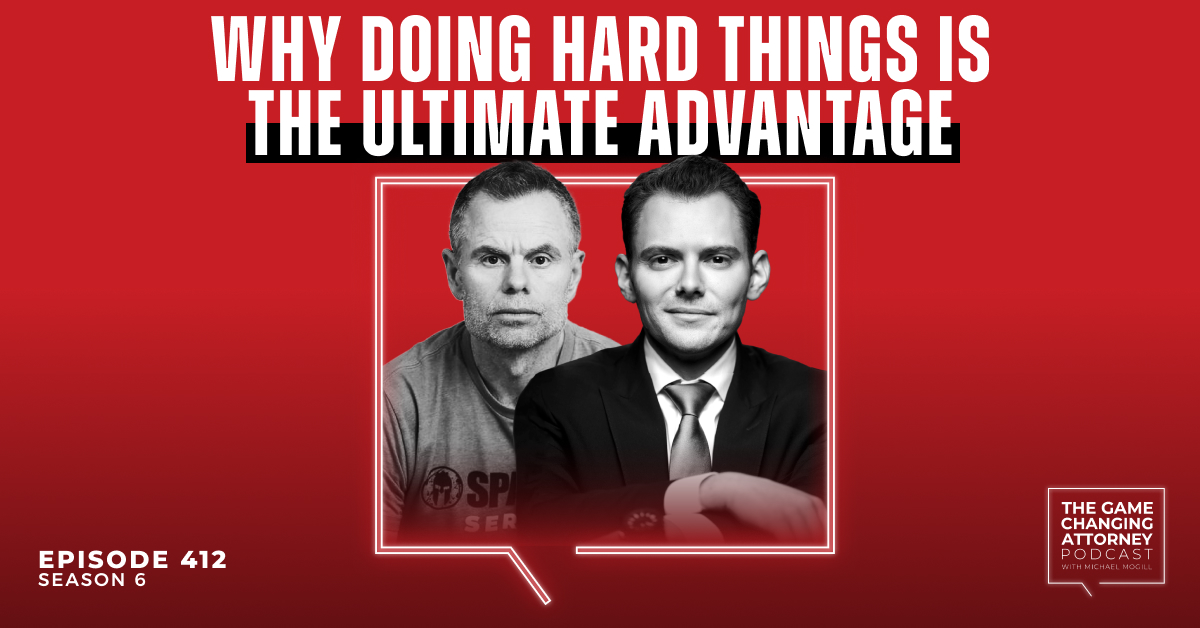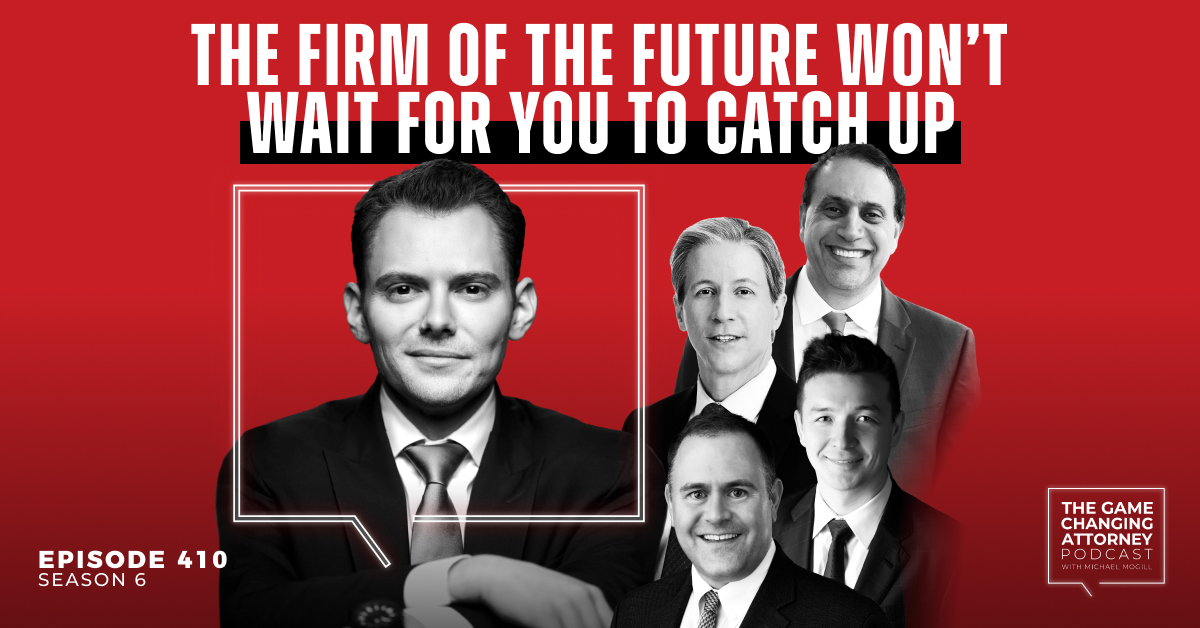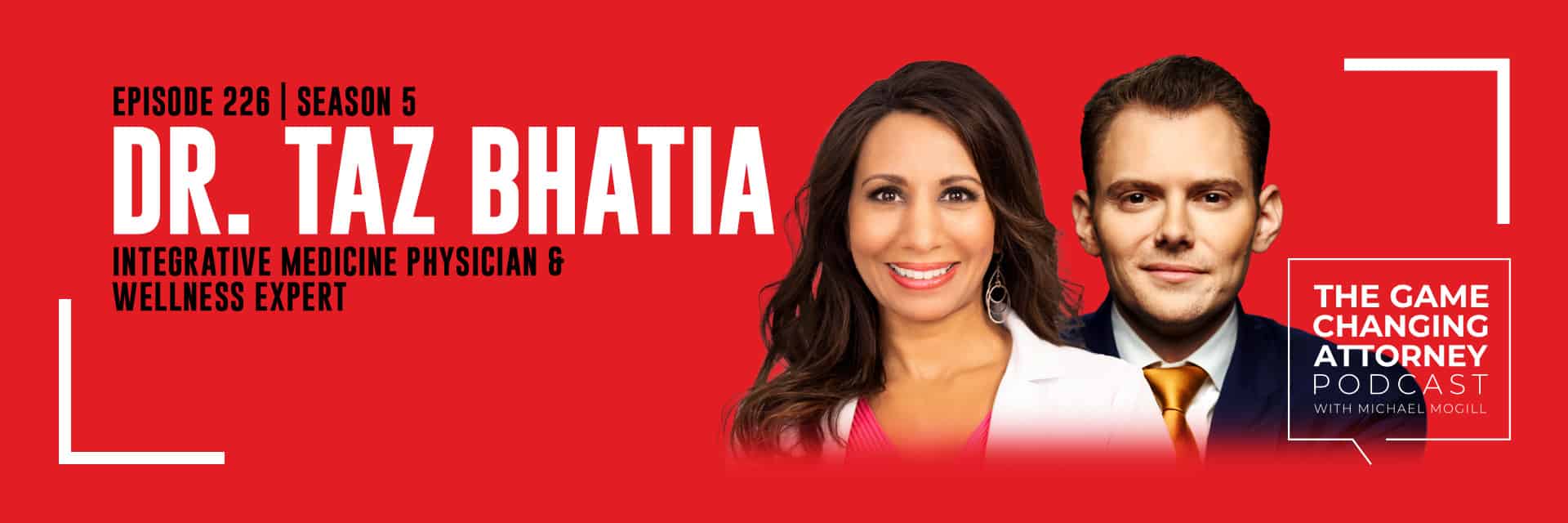
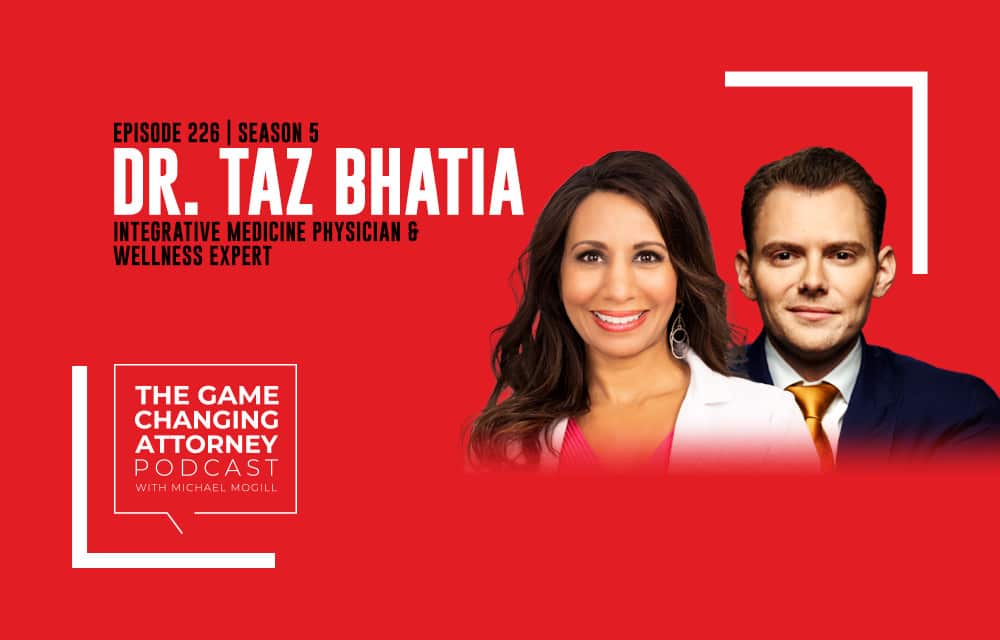
Episode 226 — Dr. Taz Bhatia — Beyond the Physical: Exploring Holistic Health
Start the new year off right by understanding your health in a new way. TEDx speaker and best-selling author of The Hormone Shift Dr. Taz Bhatia has the expertise to get you there.
With over 25 years of experience in medicine, Dr. Taz has pioneered a new holistic approach to healing. She has appeared as a medical expert on CNN Headline News and Dr. Oz — and transformed countless lives along the way.
In this episode, Dr. Taz and Crisp Founder & CEO Michael Mogill discuss:
- The most common health issues of high performers
- How fad diets work (and how to make them work for you)
- What role cold plunges, saunas, and red light therapy should have in your routine
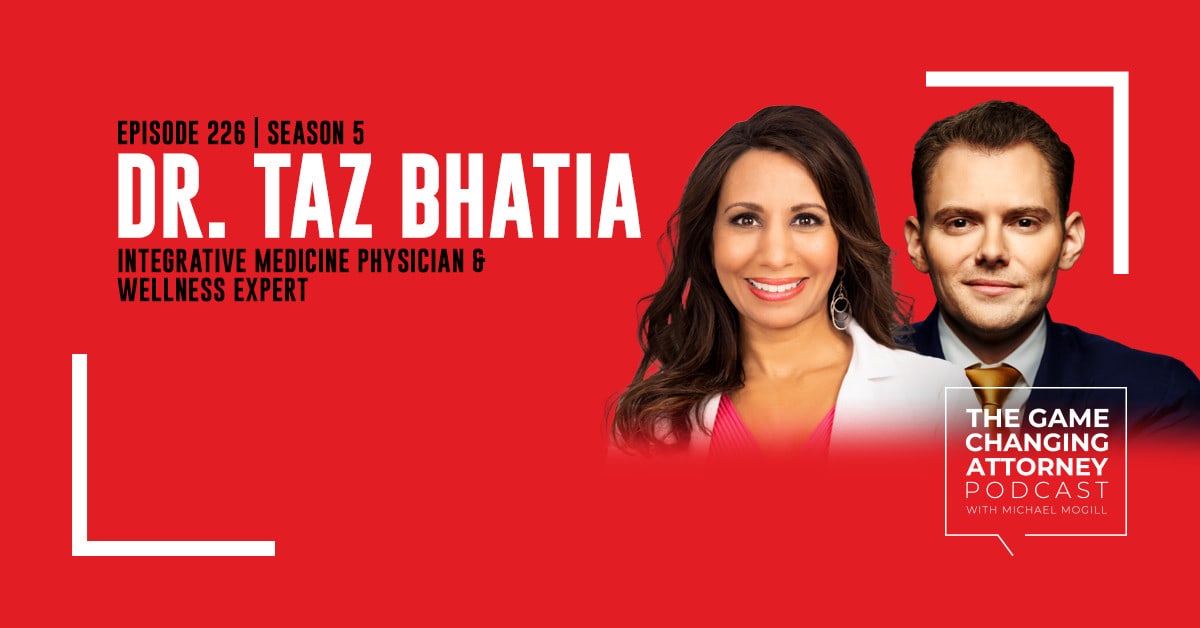
Listen & Subscribe
Show Notes:
A new medical model. “I was like, this consult crap is not going to work, you know. People need a one-stop shop. They need a place where they can go and they get their answers — and someone who really is the quarterback for their care.”
What are integrative medicine and functional medicine? “I think people get so tripped over these terms. Really integrative medicine is the merging of different types of medicine together, taking the best from older systems of medicine — from nutrition and lifestyle type modalities, herbs and supplements to actually using medications and getting imaging and doing all the usual things we’re trained to do in conventional medical school. The term functional medicine actually came after integrative medicine. It has a lot more notoriety I feel like. But functional medicine gets more into the physiology. It gets very much into pathways and how things happen and what works and what doesn’t work. It gets very granular. So the way I always explain holistic is taking the full view of your body and your health: everything from your mind and your emotions and your energy and even past stuff — end even if we get woo-woo, even generational trauma and all that business. Integrative is the merging of different systems of medicine, and functional is the physiology and the chemistry of your body and what’s happening there and how we can manipulate it.”
Medicine has shifted from relational to transactional. “It’s in that time together — whatever we want to call it, whether we want to call it holistic, integrative, functional, whatever you want to call it; you can put any label on it — but if that relationship is not there, you will continue to drive up health care costs. Every doctor can tell you this. Our hands are on the door to walk out of the room. If I had a five-minute visit or a 10-minute visit, I’d keep going. But because we have these longer visits in the practice, I can stop and be like, ‘Okay, tell me more about that.’ And then you realize all the different factors contributing to a particular person’s issues, and you can give them a solution that in the long run is actually more cost-effective than what seems like is more expensive in the short run. So that’s fundamentally the issue. We have a system that’s built around this idea that you need a drug, you need a surgery, you need a procedure, you need a hospitalization, otherwise your medical experience is really not a value.”
The top health challenge of high achievers. “One of our biggest challenges is managing the stress — the cortisol. That stress and cortisol sort of overdrive presents itself in a number of different ways. That’s where it goes from a general conversation to an individual conversation. But historically, what cortisol will do, if it’s not managed, is trigger changes in blood sugar. It’ll trigger changes in the load of inflammation in your body. So that might present as I presented with joint pain, weird rashes, some of these things that we talked about in the beginning, or it could present with weight gain, a lot of belly fat changes in body composition, or it can present with cognitive changes. All of a sudden you can’t focus anymore. You can’t concentrate. You’re not sleeping at night. All these different fallout symptoms is probably the best way to describe them when it comes to the stress that many Type A individuals feel and put on themselves. So I think the number one thing that I notice is high cortisol.”
How convenience culture has destroyed nutrition. “I think it is the movement away from community and the movement away from doing things a little bit slower — taking time to prepare your food and cook your food and being so stressed. It kind of comes down to how stressful our communities currently are and how, as a couple or as an individual, we no longer place value on preparing food, nurturing ourselves, taking the time to do that. Think about Europe. You go to the market in Europe a couple of times a week. You don’t go once a week and stock up a refrigerator and then throw half that stuff out. You’re going because it’s accessible by foot. You’re going to the market two or three times a week to prepare what you need for the evening or for the next day, and then you’ll go again. And so I think the value of eating and communal eating and food is a big part of the decline in health because a lot of health is connected to the food we eat and how we eat and then the experience of that eating.”
Go back to basics. “The day-to-day is the food you eat, the quality and quantity of your sleep, your relationships and your home, your ability to withstand and manage stress, and your hormone balance. To me, those are the day-to-day things. Now, saunas, cold plunges, and red light therapy have all shown benefits. But does that mean you have to do all of them every single day? No. Pick one or two that you can really stick with and enjoy — and I think the key is that you enjoy and that you look forward to it, and that in turn will augment kind of this basic stuff that you’re doing. And if quarterly or once or twice a year, you really want to dial deep into some of these alternative modalities into some of these things, that’s great. It’s a jumpstart for the body, just like a detox is a jumpstart for the body. But we always want to land back on what’s realistic, what’s practical, what our day-to-day regimen looks like versus what a quarterly or twice a year or once a year type regimen looks like.”
What does being a game changer mean to you? “ I think it’s really about pushing the boundaries of whatever you’re doing. I think it’s asking tough questions. I think it’s being curious, and I think it’s being fearless to a certain extent. I meet doctors all the time who are just scared. They’re scared to come out of the box that they’re in. They’re scared to embrace new knowledge. They’re scared to think differently. They’re scared to go against the status quo. So game changers are fearless, and they understand or they have a bigger vision and a bigger purpose than the constraints and the rules put on them by society as it exists today. We’re actually seeing the future while we’re living in today, and we’re hoping that that future will become accessible to everyone, not just to a certain few.”
EPISODE RESOURCES & REFERENCES
Acupuncture
Ayurveda
Dr. Andy Weil
Centre Spring MD
Ozempic
Wegovy
McDonald’s
CRP
A1C
Uber
Archie comics
Netflix
Ketogenic diet (keto)
Intermittent fasting
Paleo diet
Genomics
Institute of Functional Medicine
Gen Z
Connect with Michael
- Text directly at 404-531-7691

